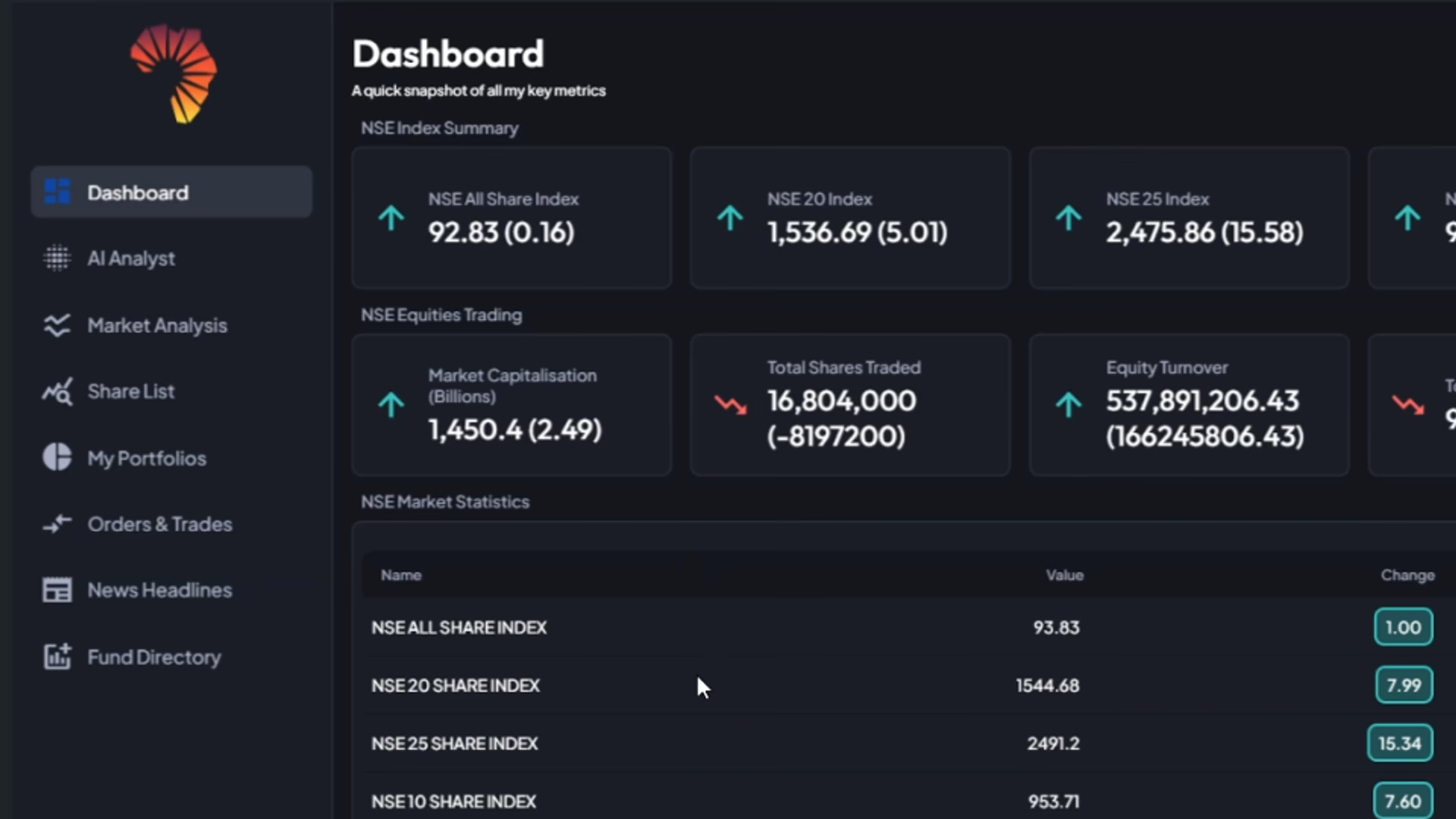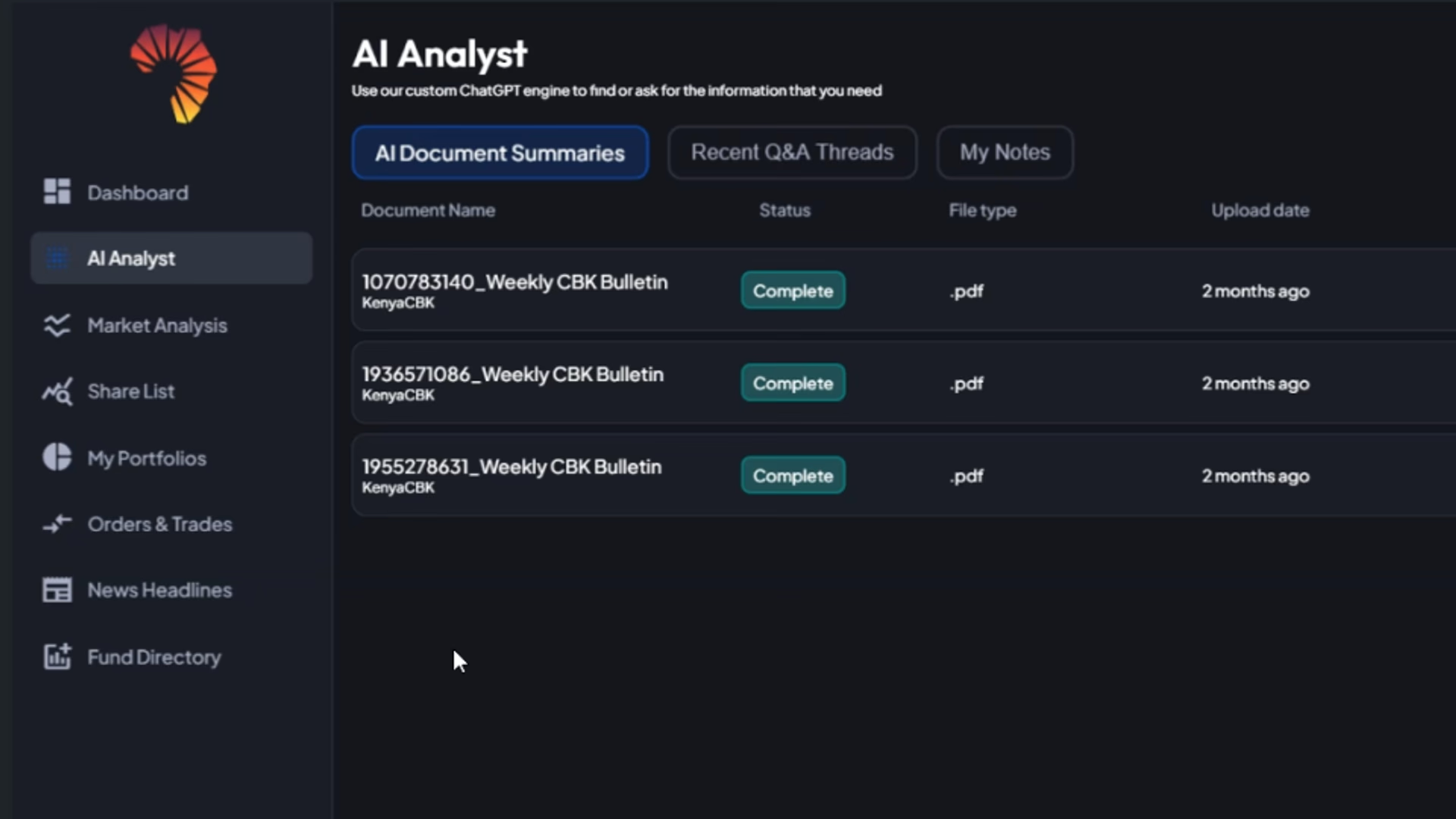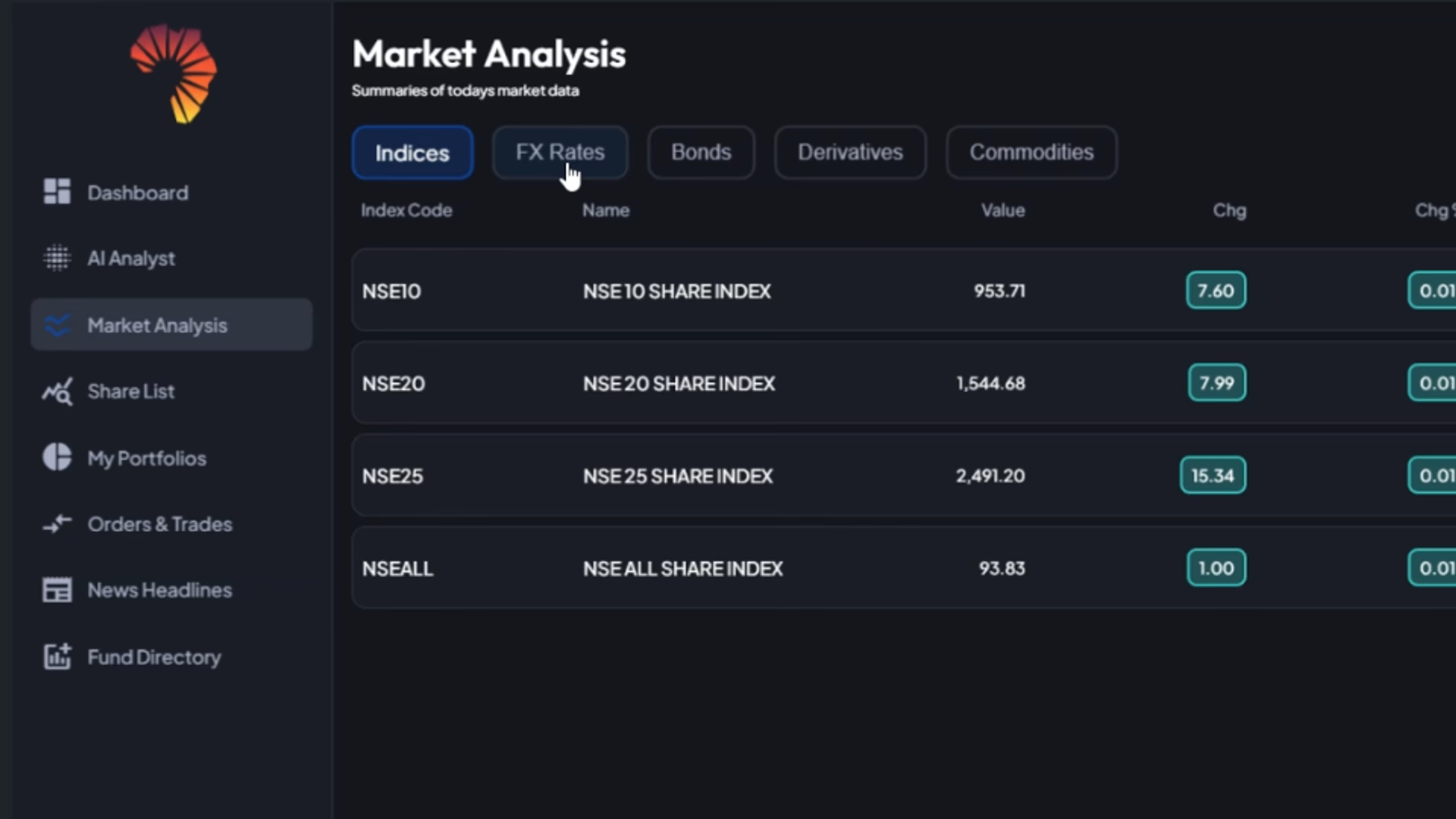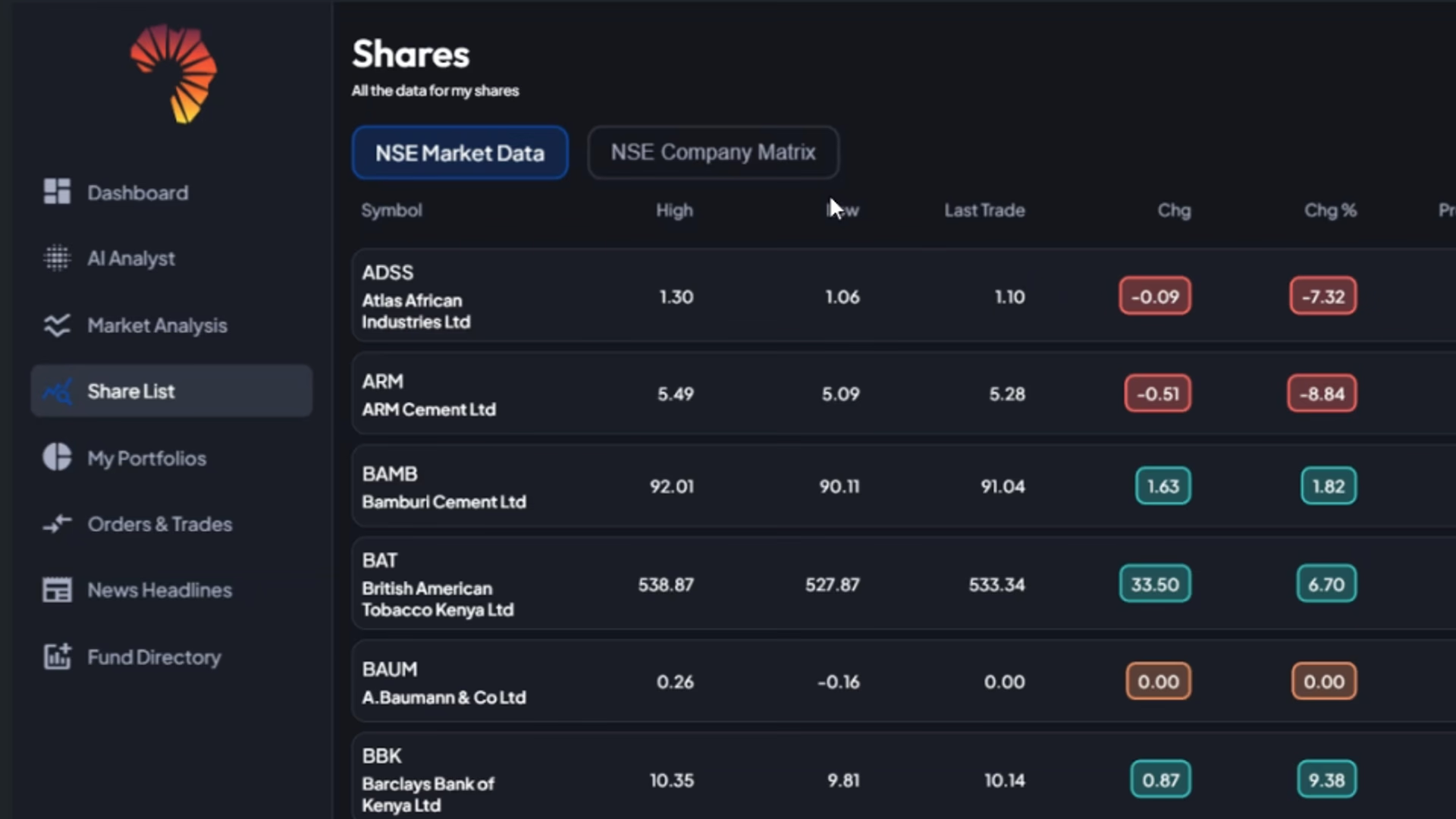Whenever I’m talking about investing in stocks to people (mostly beginners) I tend to ask them how they think they are going to make money in the stock market.
The most common answer I get is this, “I will buy low and sell high,”
Whenever I get this as the answer, I know this person knows what he’s getting into- expectations investing.
My follow-up question usually goes, “How exactly do you intend to do that?”
While the answer to the first question comes easy and direct, the second question often gets unanswered, changes the topic in discussion, or creates a discussion that never ends.
While the first question is usually very easy to answer, the follow-up question creates more silence that depicts the hard thing about picking individual stocks.
Theoretically, “buy low and sell high” sounds easy, but practically or when you think of how you are going to do it, it becomes quite hard.
Here’s why:
Timing the Market is Hard
One of the most common phrases you will hear during a bear market like the one we are in is “Buy the dip.” It’s another version of buy low with expectations to sell high in the future.
While it’s easy to scream “buy the dip” during bear markets, this strategy works on the one factor that we humans are poorest at; predicting the future.
If you don’t believe me, ask Thomas Watson who was the president of IBM in 1943. At the dawn of computer technological advancement, no one knew where the technology was going to be in the future. Thomas Watson, in what has come to be known as the most foolish tech prediction said,
“I think there is a world market for maybe five computers.”
In 1985, the New York Times also tried to predict the demise of laptops. They reported;
“On the whole, people don’t want to lug a computer with them to the beach or on a train to while away hours; they would rather spend reading the sports or business section of the newspaper. Somehow, the microcomputer industry has assumed that everyone would love to have a keyboard grafted on as an extension of their fingers. It just is not so.”
35 years later, most homes have at least one personal computer.
Buying low and selling high becomes hard because it requires you to try and time the market and time it perfectly.
“Timing the market is a fool’s game, whereas time in the market is your greatest natural advantage.”
Nick Murray
What We Do Matters More Than What We Know
In investing, your returns depend more on how you behave and less on how the market behaves.
Although we can only control ourselves and not the markets, when the markets get rough we follow suit by losing our calm.
As Tom Gardener writes in the Motley Fool,
“The biggest cost in investing is the emotions of being uncomfortable, uncertain about the future, and wondering whether you’re doing the right thing.
These costs are orders of magnitudes larger than fees paid to advisors. Their currency is stress hormones rather than dollars. A lot of investors realize they cannot afford them and quit.
Paying them for those who can is as worthwhile as it has never been. All you have to do is keep your head on straight and not screw it up.
That’s the most valuable skill an investor can possess.”
Buying low and selling high sounds quite simple in theory. But what happens when the stock you buy starts hitting all-time lows or everyone else is panic selling in a bear market?
Will you still have the courage to stick to your investing thesis and be confident despite everyone selling?
Lack Of Cash When Assets Are Cheaply Priced
With the ongoing bear market, portfolios of many investors have shrunk. Moreover, inflation rates have skyrocketed and the ongoing war in Ukraine has disrupted the global supply chains which have then caused stagflation.
During a bear market like this, when everyone is struggling to survive, not many investors have cash reserves to buy the dip.
As Ben Carlson recently wrote,
“When financial assets are cheap, many people do not have the means to buy them. And when many people have the means to buy financial assets, it often occurs when they are expensive.”
The Anecdote To “Buy Low, Sell High”
While buying low and selling high is easy but difficult advice to implement, there is a better offer that you should consider. Instead of focusing more on buying low and selling high, focus more on buying cash-producing assets more often.
As Nick Maggiuli writes,
“Just keep buying. This is the investing mantra that can change your life. These three words can make you rich.
What I am talking about is the continual purchase of a diverse set of income-producing assets. You should think of buying investments like you buy food- do it often. Make it a habit to invest your money like you make it a habit to pay your rent/mortgage.”
While the buy low and sell high is great advice which is hard to implement, just keep buying is great advice that is also easy to implement.
For if yours is to just keep buying, wealth creation will never evade you!





